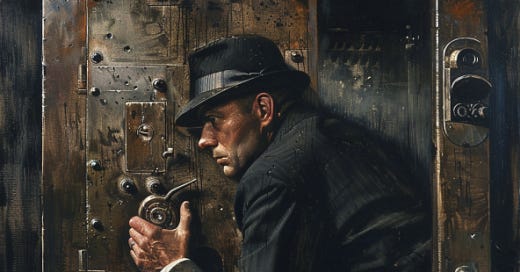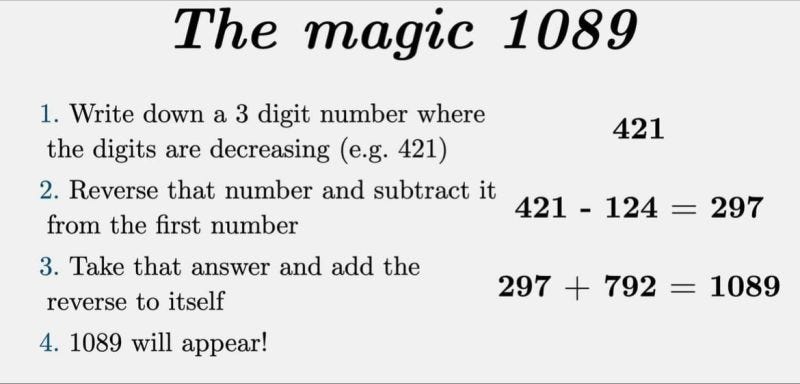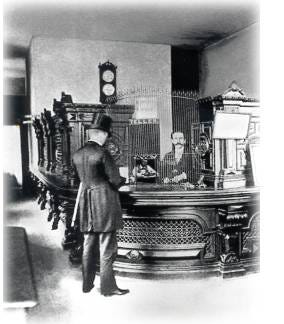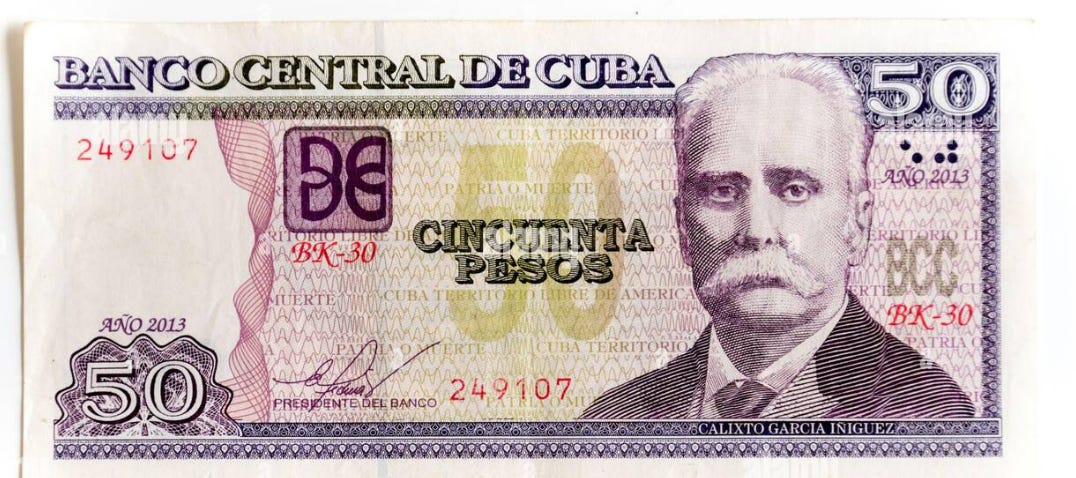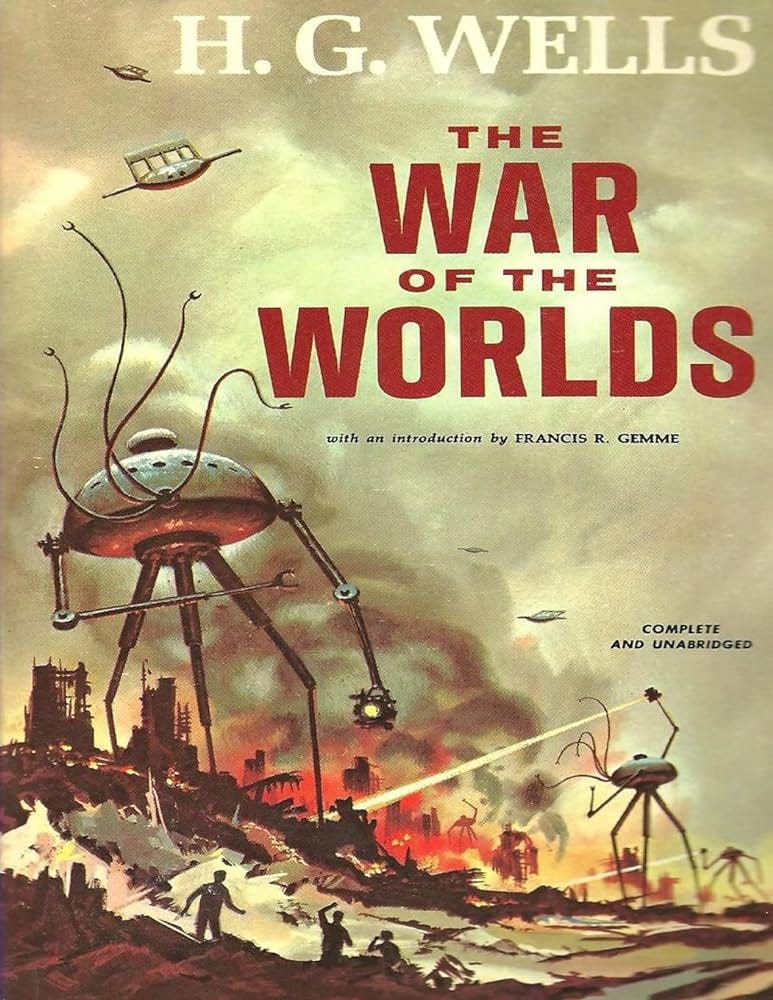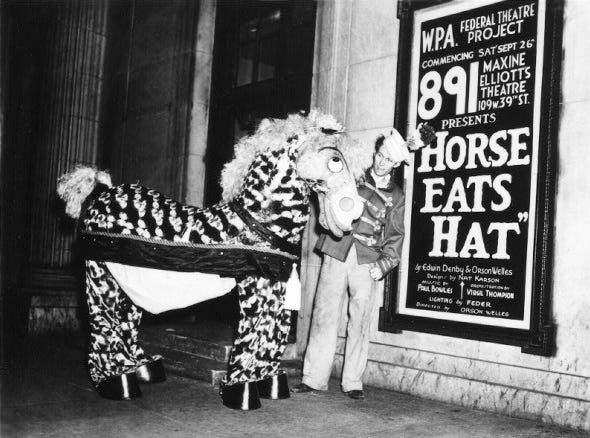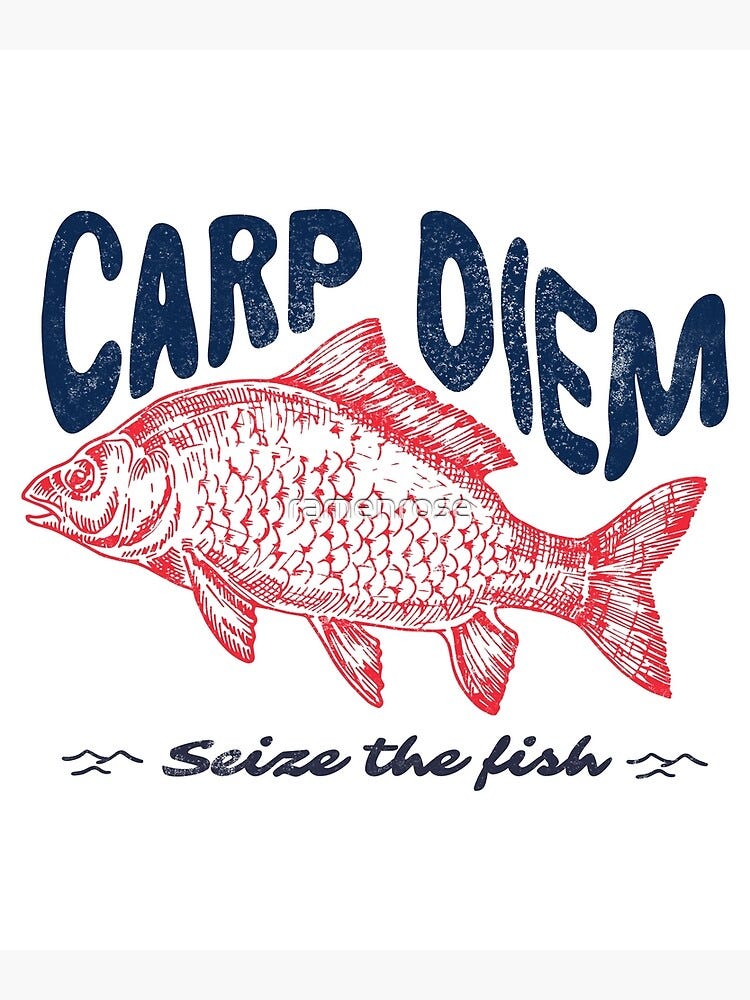Welcome back readers to the June edition of Ratlinks focusing on literary twists and turns.
Before we begin try The Magic 1089.
GIFT OF THE MAGI
O. Henry, the pen name of William Sydney Porter, was a literary giant best known for his short stories that brim with wit, irony, and surprise endings. Drawing characters who are wistful when lucky and brave in adversity, answer the eternal demand for a good story, and masterful plot twists have allowed his stories to stand the test of time.
When asked about his process and where he found his plots. "Oh, everywhere" replied O. Henry. "There are stories in everything." He picked up the bill of fare, on which the day's dishes were typewritten. "There's a story in this," he said. And then he substantially outlined the tale "Springtime la Carte" in which Sarah makes a mistake in typing a menu that helps her in every way.
William Sydney Porter embarked on a diverse career path early in life including stints as a pharmacist, a draftsman, and in finance. Obtaining a job as a teller at a bank in Austin Texas that was “run with astonishing laxity.”
When irregularities were found in Porter's accounts, a shortage of less than a thousand dollars, he lost his job with the bank. A few years later, the federal authorities ordered him to stand trial where he was found guilty and served time in the Columbus Ohio Penitentiary.
Rather than despair, Porter embraced his lot in prison, where he worked as a drug clerk and had considerable freedom of movement, allowing him to walk about the city. Previously, Porter had attempted a career as an author, writing a few stories before, but it was in Columbus that he began seriously to write incorporating real-life stories from inmates. In another twist, Porter is supposed to have picked up the name O. Henry from a prison guard named Orrin Henry.
A Retrieved Reformation
O. Henry wrote the story A Retrieved Reformation1 based on anecdotes from his time in prison. This story revolves around Jimmy Valentine, a skilled safecracker, who is released from prison and attempts to lead an honest life. Under the pseudonym Ralph D. Spencer, Valentine moves to a small town, opens a shoe store, and falls in love with Annabel Adams, the daughter of a local banker.
Valentine's transformation seems complete as he prepares to marry Annabel and settle into normalcy. However, Ben Price, the detective who once put Valentine away arrives in town after tracking a string of robberies that he fingers Valentine for. The story comes to a climax when a young girl Agatha, accidentally gets locked inside the bank vault. With no other option to save her, Valentine uses his expert safe-cracking skills in front of everyone to open the vault and rescue the girl.
Detective Price witnesses this act but instead of arresting Valentine, pretends not to recognize him, acknowledging Valentine's reformation, allowing him to go free and live a new life under his assumed identity.
FIFTY CUBAN PESOS
To truly astound, the secret lies in blending anticipation with an unforeseen twist, all delivered with creativity and perfect timing. Whether through acts of kindness, compelling storytelling, or groundbreaking innovation, the goal is to craft unforgettable moments that will leave people talking for a long time.
En route to a flight to Jacksonville, the driver asked if I had ever visited his home country of Cuba. A si señor led to bantering about the country, communism, and all its ills. Mid-sentence the driver paused to say - it’s still a great country, one you should visit again. Take this for your next trip. Palming me a fifty, that is a fifty Cuban Pesos note, a very wonderful gesture even if the value is equivalent to $2.08. Tucking the bill away, I thanked him for his generosity, wondering to no one - how often does a driver tip his passenger?
At dinner, the waitress was a little extra, interspersing her life story with the nightly specials. As she brought the check she overheard a comment about our flight. Her mind was blown that we traveled a great distance ending up at this very restaurant.
Be grateful for coincidences. When you get a moment like this you need to seize it.
I took it. I leaned in and looked her dead in the eye. She paused but mimicked my body language leaning in and looking me dead in the eye.
I asked - has anyone ever given you a fifty-dollar tip?
Her eyes widened
What about a fifty Cuban peso tip?
A what!!!!!
She is ecstatic to receive foreign currency, I tell her pesos are for her next trip to Cuba.
We left the restaurant wondering how many people she would show the Cuban monies that evening. I set the line at over/under at 3.5.
The over paid before we even walked out of the restaurant. When the fourth person in 5 minutes hears the story this person asks so what’s it worth?
INTERRUPTING OUR SCHEDULED BROADCAST
Good evening, ladies and gentleman. My name is Orson Welles. I am an actor. I am a writer. I am a producer. I am a director. I am a magician. I appear onstage and on the radio. Why are there so many of me and so few of you? - Orson Welles
Orson Welles was a prodigious talent whose lasting impact on society transcends the boundaries of film, radio, and theater. Born on May 6, 1915, in Kenosha, Wisconsin, Welles emerged as a visionary who redefined the capabilities of each medium he touched. With an audacious creativity that earned him both reverence and controversy, Welles' influence remains deeply ingrained in the fabric of modern storytelling and media. Exposing the power of mass media to shape reality, effectively drawing a nation into a shared hallucination and demonstrating the potent force of radio as a medium.
An event on the evening of October 30, 1938, a radio adaptation of H.G. Wells' novel, “The War of the Worlds” would become one of the most famous incidents in the history of broadcasting, illustrating the profound impact of media on public perception and the fine line between entertainment and hysteria.
The show was structured as a series of breaking news bulletins interrupting a regular music program, detailing a supposed Martian invasion beginning in Grovers Mill, New Jersey, and swiftly engulfing New York City. This dramatization was so effectively executed that many listeners, tuning in late and missing the disclaimers that it was fiction, believed an actual invasion was occurring. The immediate aftermath of the broadcast saw widespread panic among the American public. People across the nation were terrified, believing they were experiencing the onset of an actual alien attack.
Orson Welles' broadcast of "The War of the Worlds" turned into a masterful exercise in mass media power, showing how easily the lines between fiction and reality can blur when narration is executed with enough verisimilitude. The broadcast did not just make headlines; it propelled Orson Welles to national fame, paradoxically elevating his status as a creative genius while also stoking criticism for the perceived irresponsibility of his art.
BREAKING THE FOURTH WALL
"Horse Eats Hat" adapted by Welles and poet Edwin Denby from Eugene Labiche's "The Italian Straw Hat" was far from conventional. Welles' staging was revolutionary in that the action spilled off the stage and into the audience, blurring the lines between the play and the spectators. This immersive approach was intensified during intermissions, a time traditionally reserved for audience detachment. Welles orchestrated actresses in costumes and actors in humorous scenarios to perform in balcony boxes, which kept the audience engaged and obliterated the traditional separateness of stage and spectator space.
Welles' strategy of engaging directly with the audience, making use of their space, and creating a sense of ongoing action, even when the main play was paused, was ahead of its time. Interactions during the play, such as the mock accidents, further dissolved the proverbial fourth wall, engaging viewers in a way that was both unexpected and innovative. This technique of interactive staging wasn't just for amusement; it served to challenge the audience's perception of theater as a passive observance, coaxing them into a more active, engaged role in the theatrical experience.
Welles' work with "Horse Eats Hat" was indicative of his broader philosophy and practice: to innovate, to surprise, and to engage actively with the audience. He demonstrated that theater could be an immersive, all-encompassing experience, where the play extended beyond the confines of the stage fundamentally altering the landscape of theater, expanding its possibilities, and challenging its traditional limitations.
BECOMING MAGNETIC
In our fast-paced, gratification-seeking world, the true power of connection and influence often gets lost. The most potent messages are those delivered in unexpected ways, challenging preconceived notions and evoking strong emotional responses. To truly achieve a lasting impact, we must cultivate deeper qualities that resonate with the core of our human experience.
Be a master of make-believe, and put a romantic glow over everyday living by focusing on the following:
Gratitude - Taking time daily to appreciate the small joys in life can transform your outlook. Grateful people emit positive energy that naturally attracts others.
Authenticity - Embracing your true nature and being comfortable in your own skin makes you inherently magnetic. People are drawn to those who live authentically and confidently.
Relaxation - Balancing hard work with adequate rest helps maintain a calm and centered presence, making one more approachable.
Active Listening - Showing genuine interest in others by truly listening without distractions fosters deeper connections. People gravitate towards those who make them feel heard and valued.
Vulnerability - Opening up and sharing your genuine experiences, including your flaws, strengthens connections. Vulnerability fosters trust and intimacy.
Humility - Avoiding the spotlight and refraining from boasting often makes one more endearing. Humble individuals who focus on others often possess a natural charm that draws people in.
Incorporating these attributes into daily life can create deeper, more meaningful connections, turning fleeting interactions into lasting impressions.

